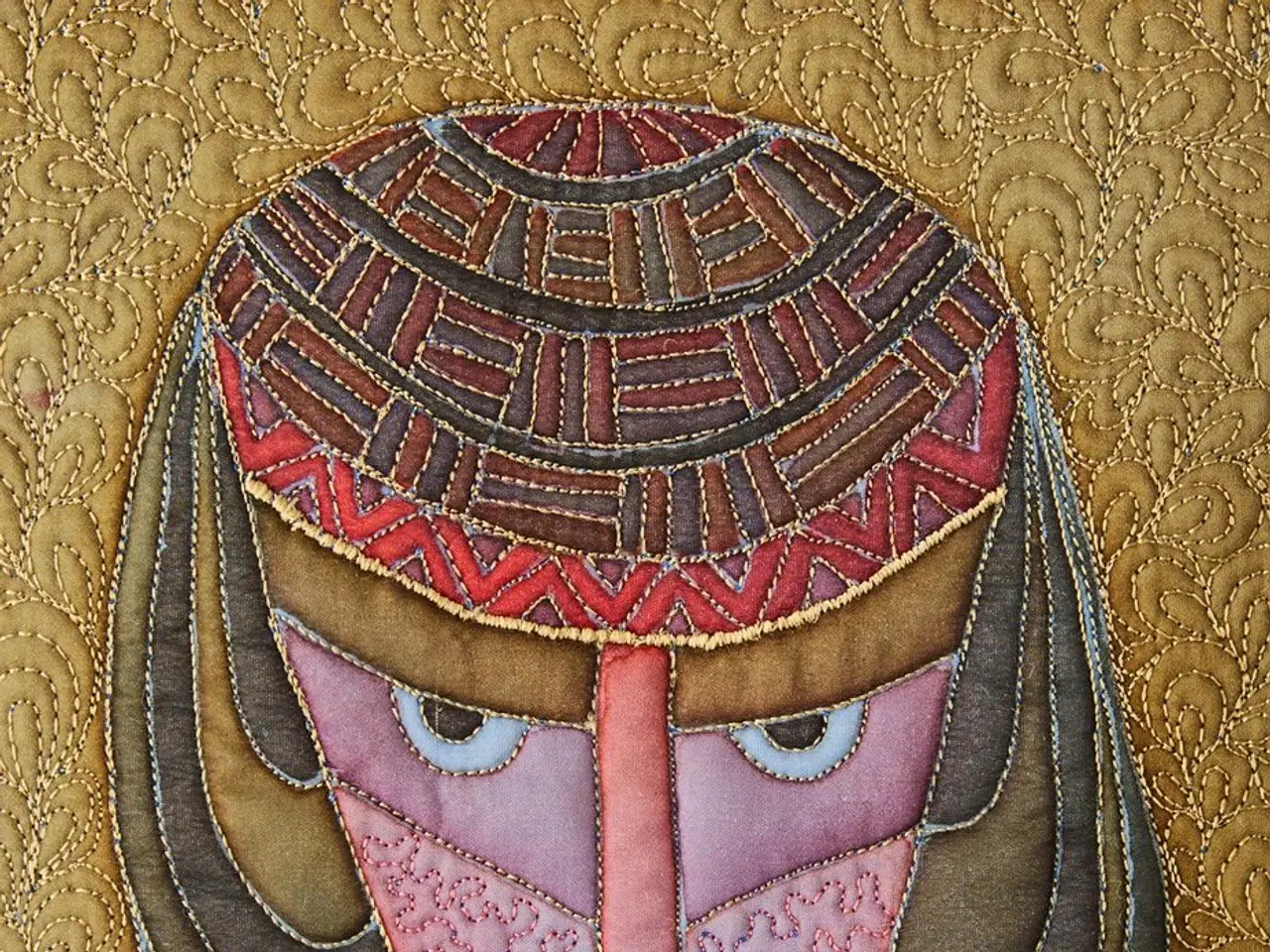Evaluating Nylon-Esque TPU Filament with CC3D's 72D TPU: Examination
CC3D has recently introduced a new FDM filament to the 3D printing market – the 72D TPU. This flexible filament offers unique properties that set it apart from other TPUs, with some similarities to polyamide (nylon) filaments. In a recent comparison with Bambu Lab's 68D TPU for AMS, the 72D TPU proved to be a durable and interesting alternative.
Hardness and Abrasion Resistance
CC3D’s TPU is rated at 72D on the Shore hardness scale, making it relatively harder and more rigid compared to Bambu Lab’s 68D TPU. This higher hardness contributes to CC3D’s filament being described as "nylon-like," indicating increased stiffness and durability. The 72D TPU also boasts enhanced abrasion resistance, a property typically associated with nylon, making it suitable for applications that require wear toughness and durability.
Printability
Both filaments are designed to be compatible with AMS (Automatic Material System) for Bambu Lab printers. However, the CC3D 72D TPU's harder and more nylon-like nature might make it slightly more challenging to print than softer TPUs due to increased stiffness. Bambu Lab's own 68D TPU filament is expected to have optimized compatibility and ease of printing on their AMS, offering smoother extrusion and fewer print issues due to its slightly softer nature.
Performance and Similarities to Polyamide Filaments
CC3D’s 72D TPU explicitly markets itself as having "nylon-like" properties, particularly hardness and abrasion resistance, setting it apart from typical TPUs, which are generally more elastic but less resistant to wear. Bambu Lab’s 68D TPU does not emphasize this nylon similarity, likely being a more conventional TPU elastomer.
The 72D TPU filament seems to perform more like polyamide filaments, which may require more careful tuning during printing but offers more durable prints. On the other hand, Bambu Lab's 68D TPU provides typical TPU flexibility without the specialized nylon-like toughness.
Printing Temperature and Recommendations
The printing temperature for the 72D TPU filament is listed as 225 - 245°C. Generic TPU settings at 240°C with some nylon-specific tweaks seemed to give the best results for printing the 72D TPU filament.
Dr. Igor Gaspar has tested the 72D TPU in a recent video, providing insights into its performance and printability. The 72D TPU may be an interesting alternative to polyamide filaments, offering a balance between durability and printability. The choice between CC3D's 72D TPU and Bambu Lab's 68D TPU depends on the desired balance between these two aspects.
Technology in the realm of 3D printing has witnessed an expansion with the introduction of CC3D's 72D TPU filament, offering properties comparable to polyamide (nylon) filaments. This new addition, being hard and abrasion-resistant, showcases enhanced durability compared to other TPUs.
On the other hand, Bambu Lab's 68D TPU, while still maintaining TPU flexibility, may prove easier to print due to its softer nature. The selection between these two filaments would be a matter of balancing durability and printability, as both are designed for use with Bambu Lab's AMS system.




